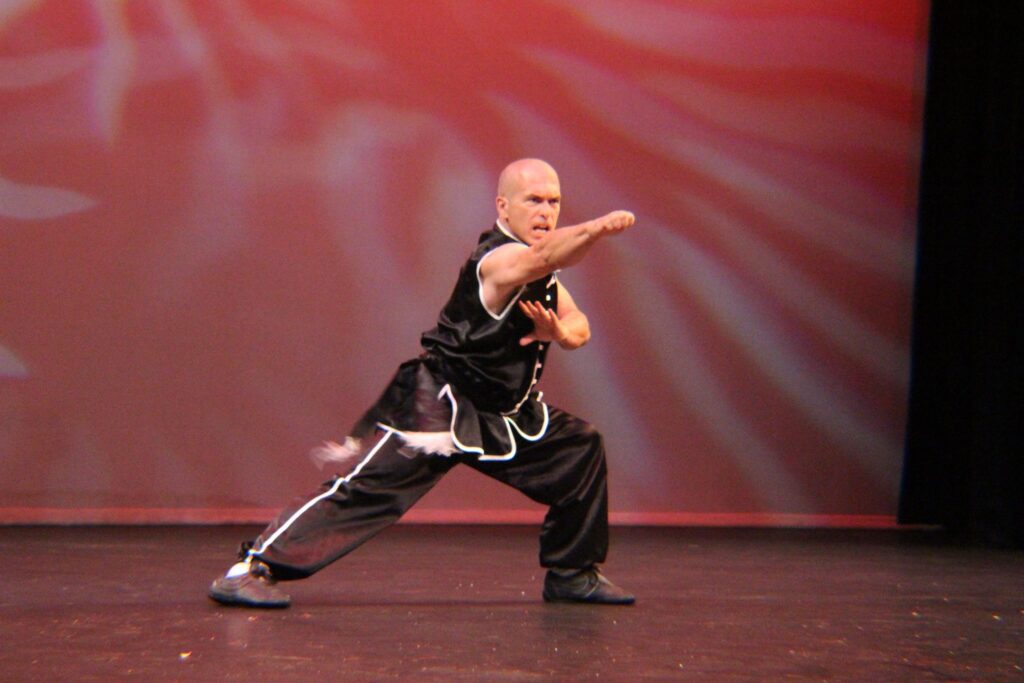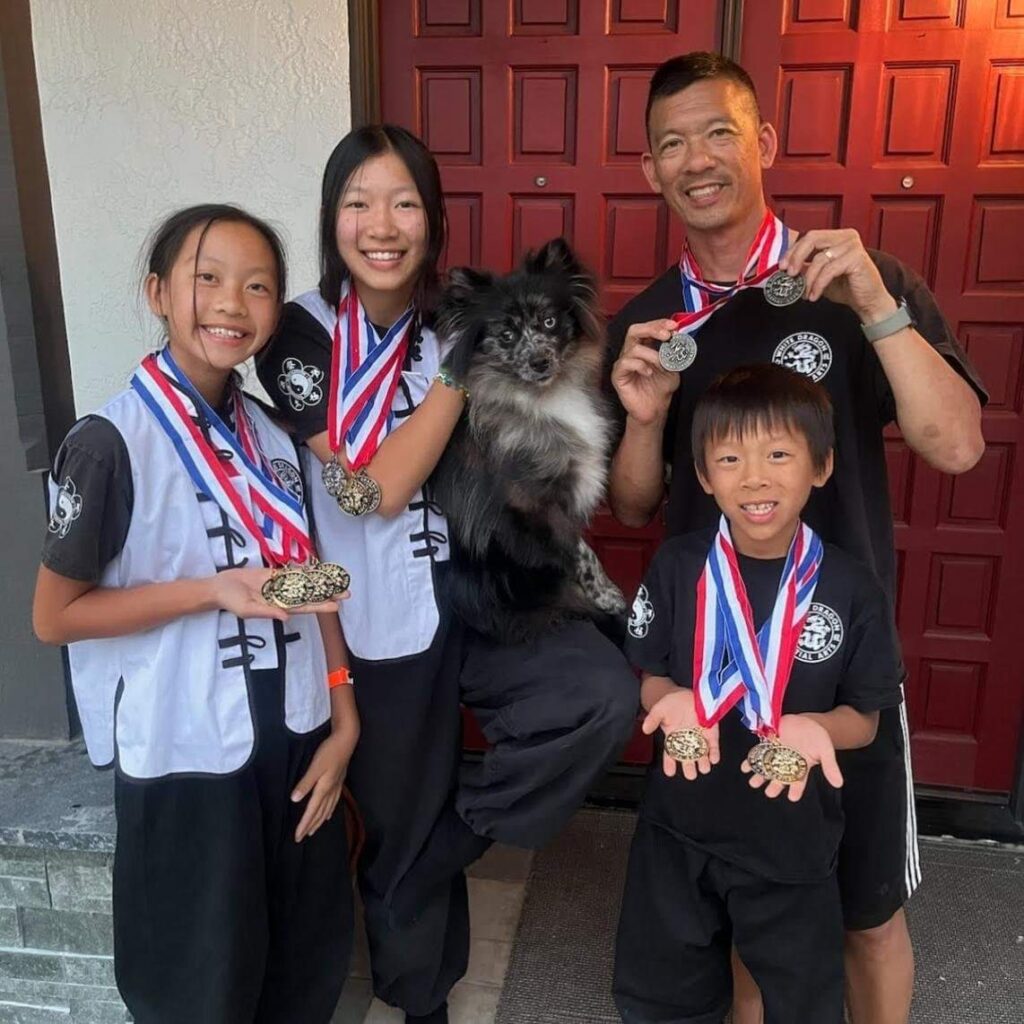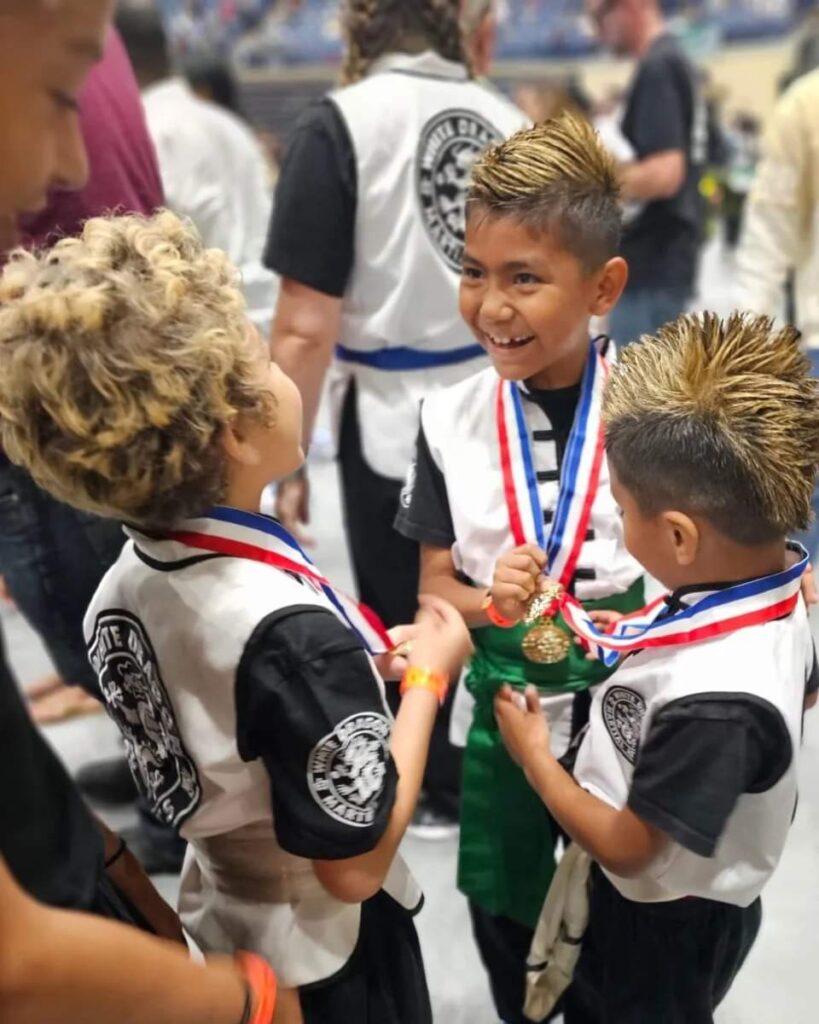Managing Anger: Lessons from the Martial Arts Mat
Anger, when left unchecked, can be destructive both for individuals and relationships. Martial arts training provides unique tools for managing this powerful emotion, combining physical discipline with philosophical guidance. From the perspective of a Kung Fu Sifu, martial arts offer practical strategies to transform anger into constructive action.
Understanding Anger
Anger manifests in various forms, from quick bursts of frustration to deeply rooted resentment. According to Psychology Today, anger can be categorized into types such as short-hot anger (knee-jerk reactions) and long-cold anger (focused, productive responses). Martial arts training encourages practitioners to recognize these emotions, reflect on their triggers, and channel them effectively
Strategies for Anger Management in Martial Arts
- Physical Outlet: Controlled techniques like punching, kicking, or forms (katas) help release built-up frustration. The repetitive practice of movements promotes calmness and mental clarity by allowing the practitioner to focus their energy productively.
- Mindful Breathing and Meditation: Many martial arts styles integrate breathing exercises and meditation, which are proven to reduce physiological arousal associated with anger. These practices help individuals pause, process their emotions, and approach challenges with a clear mindPsychology Today.
- Discipline and Patience: The structure of martial arts training instills discipline, requiring students to commit to long-term improvement rather than instant gratification. This approach can gradually reduce impulsive reactions, replacing them with thoughtful responses.
- Philosophical Guidance: Martial arts often emphasize values like humility, respect, and non-violence. These teachings encourage practitioners to view anger as a tool for positive change, fostering emotional regulation and constructive problem-solvingPsychology TodayPsychology Today.
Psychological Insights
Research supports the notion that martial arts can positively influence emotional regulation. Studies have found that martial arts training is associated with lower levels of neuroticism and higher levels of conscientiousness and agreeableness. These traits are linked to better anger management and healthier interpersonal relationships
Transforming Anger into Strength
Kung Fu, like many martial arts, teaches that anger is not inherently negative. Instead, it can motivate growth and change when approached with discipline and mindfulness. Techniques learned on the mat can be applied to daily life, empowering individuals to resolve conflicts peacefully and assertively.
Start Your Journey Today
Experience the benefits of martial arts firsthand. Click here to claim your free private lesson and one week of group classes! #FreeLesson
By integrating these lessons into daily life, martial arts practitioners not only manage their anger but also build resilience, focus, and emotional strength. Transform anger into a tool for growth—both on and off the mat.
Sifu Ferreira



